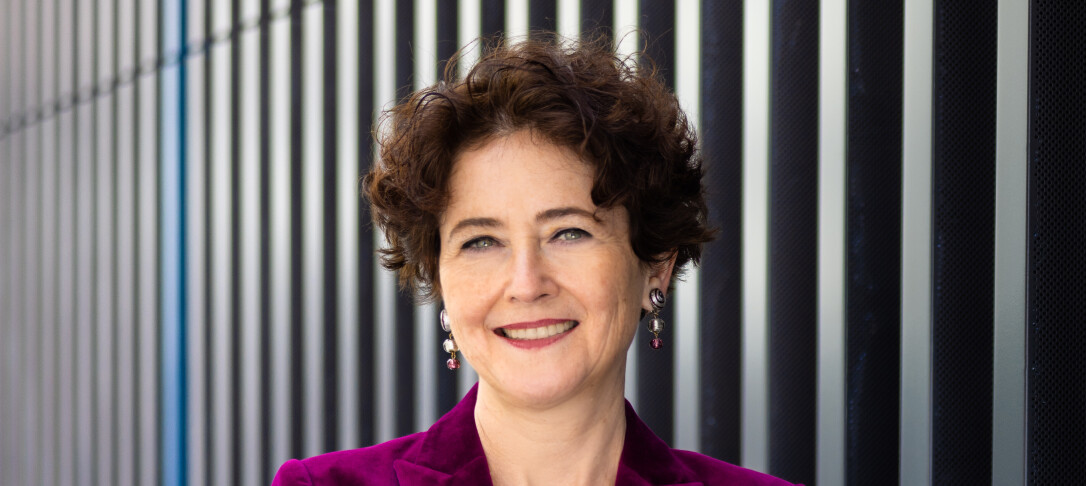
MDR is excited to welcome Professor Edith Heard, Director General of the European Molecular Biology Laboratory for its annual Department of Metabolism, Digestion and Reproduction Athena Swan Lecture 2024. Prof Heard will give a talk titled “Life with two X chromosomes”.
The event will take place on Tuesday 18 June 16:00 – 18:00 at 12th floor, Uren Building, White City Campus
In this Athena Swan lecture, Professor Edith Heard will trace her personal path as a female scientist, originally trained in the UK and having spent most of my subsequent career in France and now in Germany. She will discuss the different leadership positions she’s had, why she chose to take them on, and what challenges and opportunities she encountered.
In her current role as the Director General of the EMBL, she will also provide an overview of the initiatives that they have undertaken or plan to set up.
Professor Edith Heard will also say a few words about her own research, which concerns X-chromosome inactivation, the female-specific process of mammalian sex chromosome dosage compensation. This actually means that in the lab, we think about sex differences from a purely biological perspective and this has led us to consider why the understanding of female-specific diseases had been neglected in the past. Finally, she will present some personal lessons learned from her career and also talk about her hopes for the future, for a more gender-balanced and inclusive world of science.
Speaker bio
Professor Edith Heard obtained her PhD from the Imperial Cancer Research Fund (later Cancer Research UK), London. Thereafter, she spent nine years at the Institut Pasteur in Paris, before undertaking a one-year sabbatical at Cold Spring Harbor in the USA. In 2001, she set up her group at the Institut Curie and in 2010 she became Director of the Institute’s Genetics and Developmental Biology Unit. Edith was appointed as a Professor of the Collège de France in 2012, holding the Chair of Epigenetics and Cellular Memory. Since January 2019, Edith has been the Director General of EMBL.
Edith’s laboratory focuses on understanding how chromatin and chromosome organisation participate in gene regulation in development and disease. Her group was among the first to show that the epigenetic process of X-chromosome inactivation (XCI), whereby one of a female’s two X chromosomes is silenced during development, is remarkably dynamic. Her lab has worked out many of the molecular mechanisms underlying X-chromosome inactivation and she uses this model to explore fundamental principles of gene regulation, chromatin and epigenetic processes in general. Edith’s group was one of the first to uncover the epigenetic dynamics of XCI during mammalian development and they have provided insights into the regulation and molecular action of the Xist non-coding RNA that triggers XCI.
Edith and her laboratory have been recognised by many prizes, most recently the L’Oréal-UNESCO For Women in Science International Award and she is a Fellow of the Royal Society, an EMBO Member, and a Foreign Associate member of the National Academy of Sciences (US), an International Member of the National Academy of Medicine (US), a Member of the German National Academy of Sciences Leopoldina, a Corresponding Member of the Royal Academy in Denmark, an Elected Member of Académie des Sciences, Institut de France, and she has an Honorary Degree Doctor of Science Honoris causa at the University of Cambridge, an Honorary Professor Degree at the University of Heidelberg and an Honorary Doctor Degree at the University of Uppsala.
Edith has participated in numerous scientific boards and is currently a member of the Scientific Advisory Board of the Crick Institute (London, UK), Institute Curie (Paris, France), the Howard Hughes Medical Institute (USA), and the WHO Science Council.


